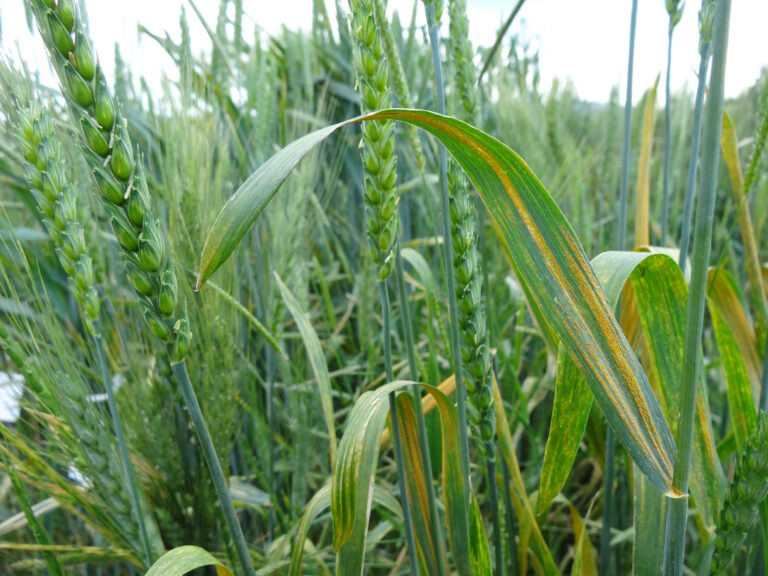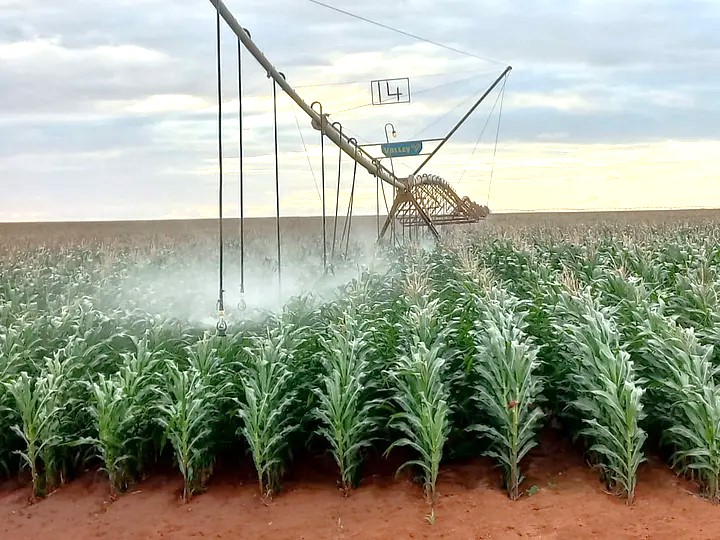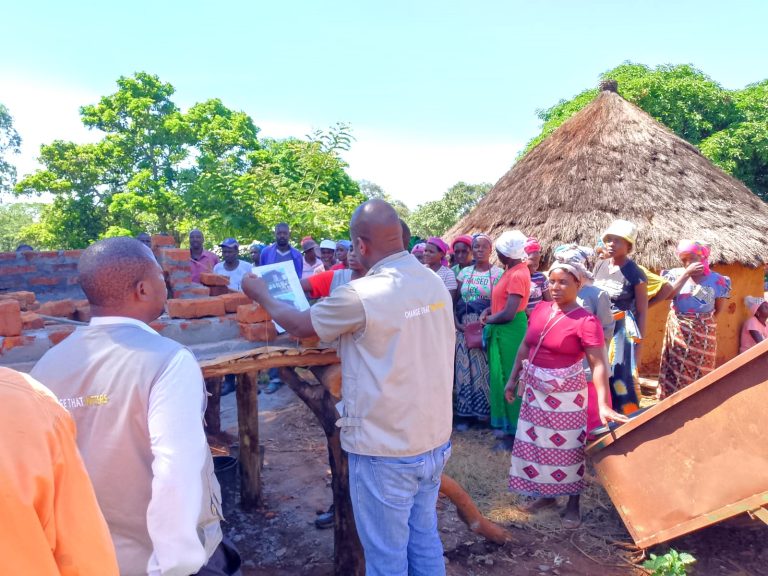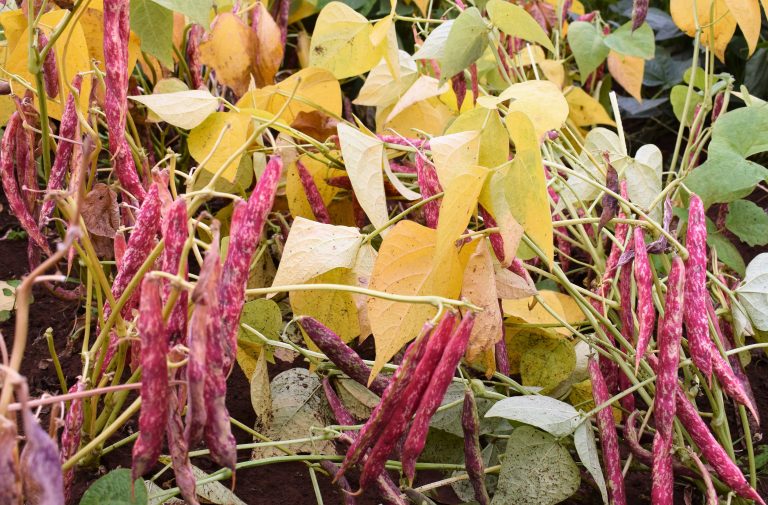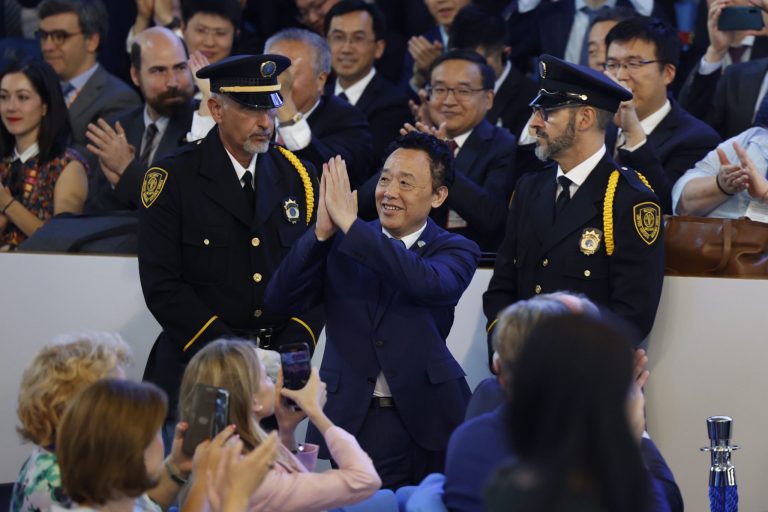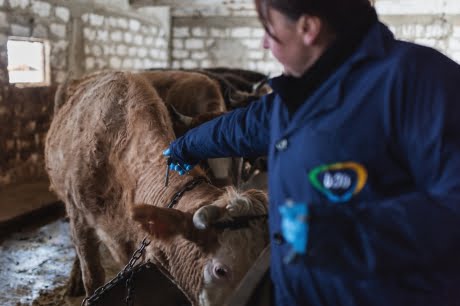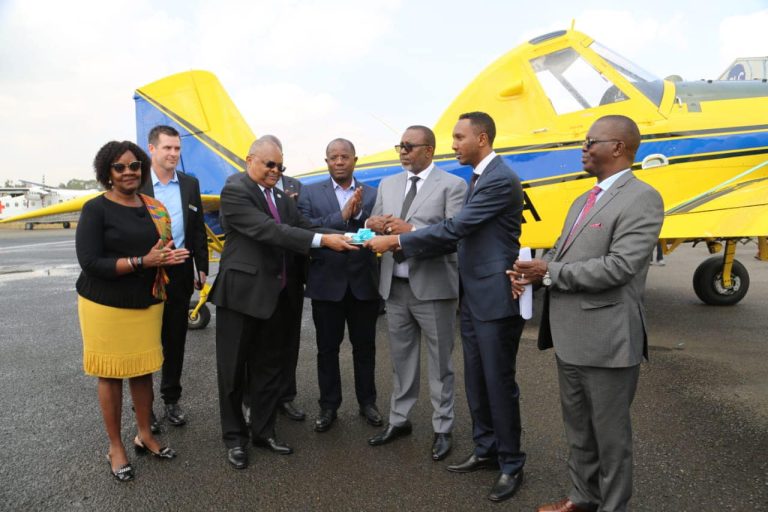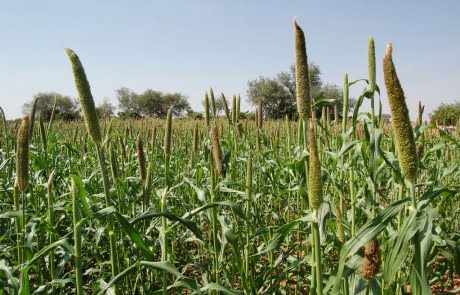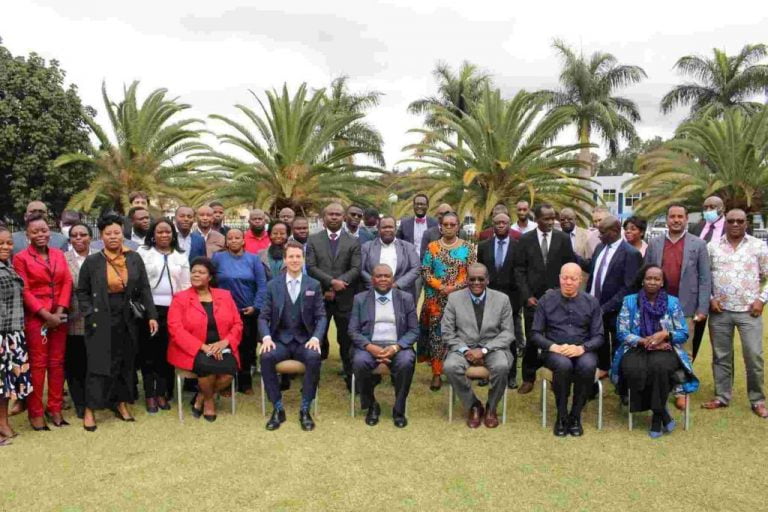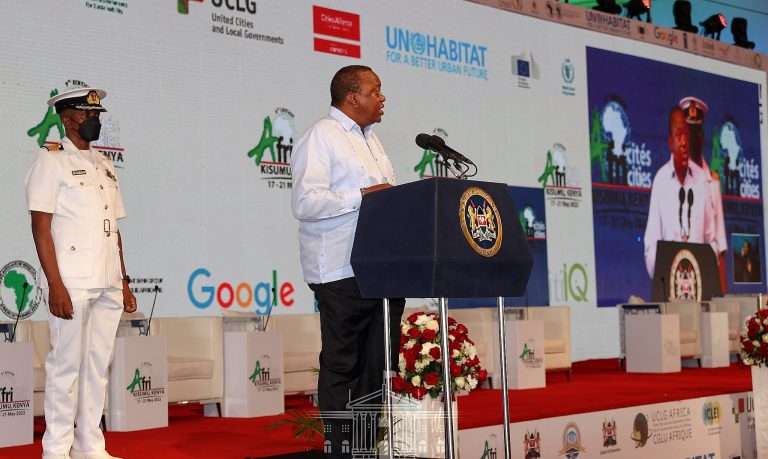The Food and Agriculture Organization of the United Nations (FAO) and the World Tourism Organization of the United Nations (UNWTO) have joined forces to promote sustainable tourism in rural areas with the aim of supporting rural economies.
Sustainable tourism in rural areas such as agritourism, ecotourism and pescatourism is an important driver of socio-economic growth that can reduce inequalities, increase resilience of rural communities and boost rural incomes.
The new partnership will also contribute to the ecosystems conservation and the development of the FAO’s Globally Important Agricultural Heritage Systems (GIAHS), as well as support the Coalition of Fragile Ecosystems (COFE) – a global alliance of vulnerable communities living in fragile ecosystems that advocates for the protection of mountain and island ecosystems and the resilience of their populations.
FAO Director-General QU Dongyu and UNWTO Secretary-General Zurab Pololikashvili signed the first ever Memorandum of Understanding (MoU) between the two organizations at FAO headquarters in Rome.
“The signing of the Memorandum of Understanding coincides with World Tourism Day this year focusing on Sustainable Tourism for Rural Development, a topic of deep interest for FAO,” the FAO Director General said.
“Tourism in rural areas can play a pivotal role in supporting rural economies through income diversification of farmers, job creation and raising public awareness of the significance of rural areas for food security, the environment, for the protection of culinary and cultural heritage, the conservation of local biodiversity and the maintenance of beautiful landscapes,” he noted.
For his part, UNWTO Secretary-General said: “This Memorandum of Understanding between UNWTO and FAO emphasises the cross-cutting nature of tourism and the importance of cooperation at every level to ensure the sector works for everyone. Both tourism and agriculture are lifelines for communities around the world. The agreement is particularly timely as it comes as we recognize 2020 as the year of Tourism for Rural Development. This was also the theme of World Tourism Day, which we celebrated this week, highlighting the role tourism must play in providing opportunities for rural communities and driving social and economic recovery.”
The accord established a five-year work plan between FAO and UNWTO which includes collaborative actions between GIAHS programme, the Coalition of Fragile Ecosystems (COFE), and other initiatives to foster innovation and entrepreneurship, drive sustainable development and income diversification opportunities and strengthen livelihoods, with a focus on youth and women. The new agreement will also focus on development of pescatourism – a new type of tourism promoting sustainable fisheries by offering visitors to experience fishing activities first-hand.
Through this unique partnership, the two institutions will support the development of solutions to facilitate access of local farmers and food producers to global markets, while creating new experiences, fostering networks and establishing public-private sector alliances.
One of the strengths of the new agreement is its focus on knowledge dissemination and guidance to develop and manage sustainable tourism through promoting good practices, smart solutions and innovative methods and products in rural tourism while conserving traditional values.
During the meeting, the FAO Director-General invited UNWTO to join FAO in “a very ambitious project” which seeks to identify 1000 villages across the world to convert them into digital villages. He noted that the project will be implemented in collaboration with Microsoft, IBM, the Bill & Melinda Gates Foundation and other partners.
The FAO Director-General proposed to combine the strengths of both organizations: UNWTO‘s expertise in identifying the touristic advantages and value of these villages and FAO’s knowledge of the agricultural products they can market through e-commerce.
“A successful implementation of this project can make digital villages and rural tourism engines for increased resilience by diversifying incomes of farmers and for building back better in light of the COVID-19 pandemic”, Qu said.



